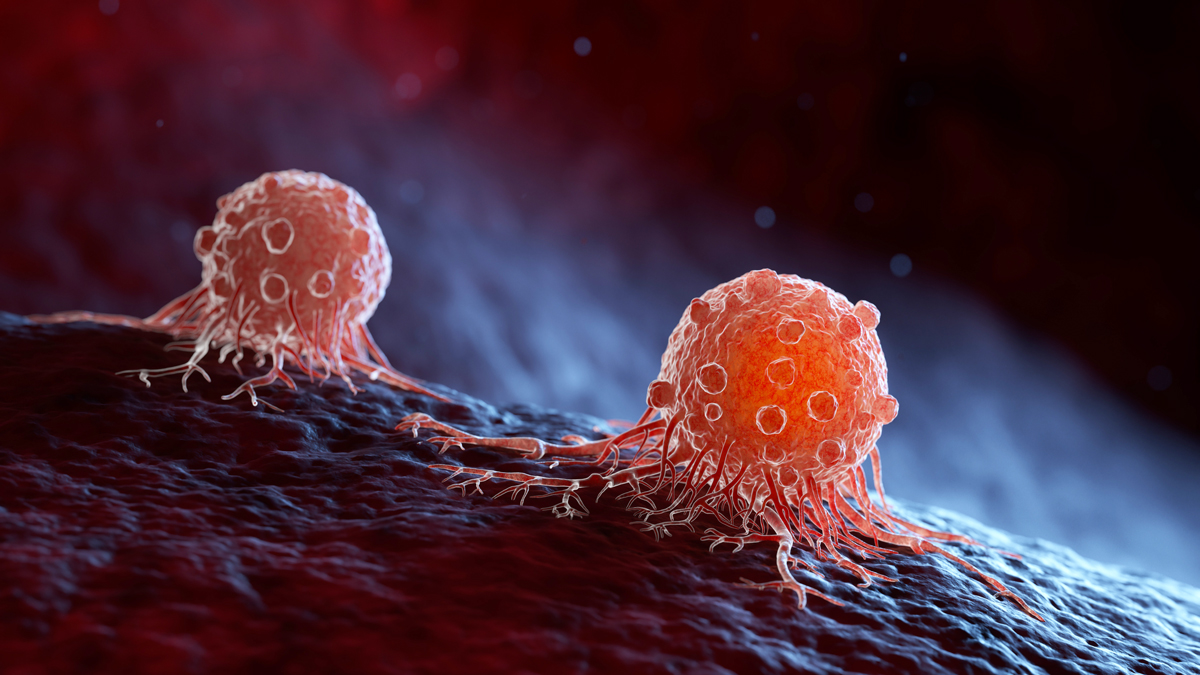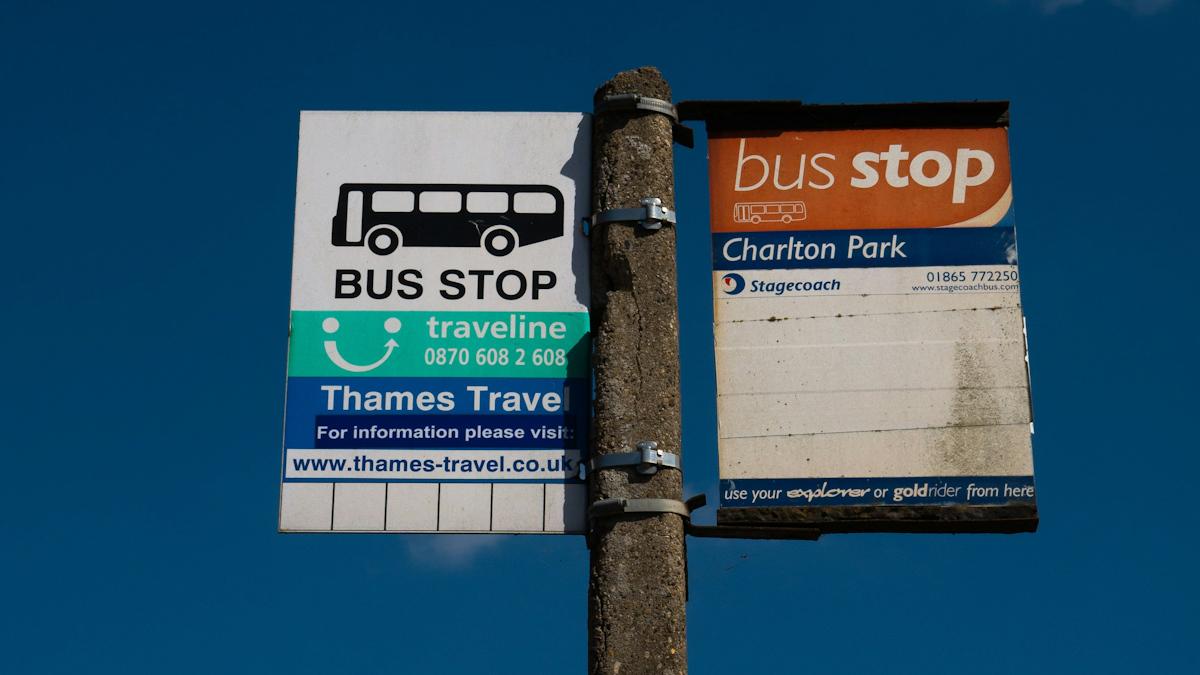Economist Impact: World Cancer Series – pharmaphorum in attendance, day one (part i)

It goes without saying that The Economist’s 8th Annual World Cancer Series congress was well-attended in Brussels this week, the unofficial capital of the European Union. Held at the Marriott Hotel Grand Place, the event’s sponsors included diamond sponsor AstraZeneca, platinum sponsors MSD and Takeda, and gold sponsor Janssen, as well as silver sponsors Guardant and Pfizer, and associate sponsor onko.
Bringing together a “wide range of stakeholders critical to effective cancer care” in order to drive “innovation, equity, and excellence in cancer control across Europe”, the first day of the congress was opened by Dr Vivek Muthu of Marivek Healthcare Solutions and Economist Impact, who advised attendees that panels and presentations would explore strategies to accelerate these foci – to repeat: innovation, equity, and excellence; these, ever to be held at the forefront of some of the brightest minds there in attendance – and in this way find a means by which to reduce inequities across the 27 member states of the European Union.
The essential aim? To reach for and enact “universally excellent cancer control and cancer outcomes across the continent.”
Seeking EU-wide excellence
The event was set against the backdrop of the implementation of the EU’s Beating Cancer Plan, as well as ongoing recovery from the COVID-19 pandemic, in addition to Europe’s current security challenges and the immense refugee crisis. The present moment within and without healthcare, biotech, and pharma is a difficult and pivotal time in history, a time in which such issues need must be addressed. Nonetheless, what still pervaded the opening day were questions over, ‘Haven’t we been here before?’
Yet, before those were raised, there was positivity to be spread. For one thing, this was the first in-person congress since the pandemic. Further, the multiple meanings of innovation were seen to be both tangible and systematic, including R&D, and developments in policy and regulations. As Dr Muthu put it, in times of crisis like this, a broad conception of innovation is crucial. Thus embracing the moment for opportunity, the day began as a united overview whole, before splitting at midday into two tracks: the first on prevention and early diagnosis, the second on innovation acceleration.
Collaborating and committing to innovation, equity, and cancer care across Europe
The keynote address of the event entire came from Stella Kyriakides, commissioner for health and food safety at the European Commission. Her opener? That there could be some one million cancer cases undiagnosed in Europe today.
Nevertheless, she said that cancer is never just about numbers: it represents families; it represents people. And these families, these people are also representative of what has happened with Russia’s invasion of Ukraine, further impacting cancer diagnosis and post-COVID cancer care. In short, health systems have been shaken. However, what is clearer still is that vulnerable groups need support and healthcare systems need to adapt to become stronger and more resistant.
Kyriakides told us that the importance of partnerships and solidarity, and Europe’s very cancer plan, is built on the powerful premise of the strength that comes in working together: such is a quintessentially European view of policy making. It is, she said, the uniting of industry with researchers and researchers with patients, and so forth, that is at the heart of this journey currently being undertaken.
Self-described, Europe’s Beating Cancer Plan is a stated “political commitment to turn the tide against cancer”, as well as being “another stepping-stone towards a strong European Health Union and a more secure, better-prepared, and more resilient EU”. Kyriakides reminded attendees that the first Knowledge Center on Cancer is now up and running, mapping the latest evidence that exists on this terrible disease, and providing guidelines and monitoring trends across the EU.
The financial reality of inequality
However, access is not equal for cancer care; being so, it must now be created. In order to do this, an EU network is in the process of being established between national comprehensive cancer centres and anticipated to be properly in place by 2025. What will then be provided will be personalised cancer care for EU patients. At present, the aim is for 90% access. Of course, there is a budget, but that budget also has targets, and those targets themselves make everyone accountable.
Kyriakides went on to discuss the importance of the right to be forgotten: a fundamental right, and one which many forget. Where this becomes keenly important, however, is when cancer survivors – pretty much all cancer survivors – need access to financial services. What eventuates post-cure is that many survivors face unacceptable difficulties in accessing life insurance and/or loans, even many years after becoming well again.
To combat this, for the first time there has now been launched an EU-wide process for those with a history of cancer under the EU Code of Conduct.
The European Code of Conduct and recommendations on cancer
Also referred to as ‘The Code’, the European Code of Conduct on cancer has been translated into many languages, and provides “a citizen and patient-centred manifesto of the core requirements for good clinical cancer practice, in order to improve outcomes for all of Europe’s cancer patients”. Originating from the European Cancer Patient Bill of Rights, The Code was launched in European Parliament on World Cancer Day 2014, winning the prestigious European Health Award four years later.
Essentially, The Code is there for the entire cancer patient journey. Setting out 10 key and overarching rights, at its base it is “an empowerment tool to ensure the best available care is delivered [to] European citizens and patients”. For, services need to follow the advances of science.
In September, the EU launched its recommendations on cancer screening, updated for the first time since 2003. Yes, 2003. Shocking, when one considers how science overall has changed ‘massively’ – to use Kyriakides’ terminology – in the last 19 years. But, even though only now have the recommendations been updated, they will change the realities of European citizen cancer patients, with the intention being to reach every last corner of the EU.
Questions demand answers
In the Q&A, a financial services audience member revealed himself to be a former cancer patient and asked how the latest medical research can help the concept of ‘the right to be forgotten’. Currently undergoing a mortgage application process, he was aghast that they were using information that is now 10 years old.
Kyriakides agreed that it was a basic right, to ‘be forgotten’ and that such discrimination must be opposed firmly. Sadly, she mentioned the example of those who had been children with cancer and now, as adults, that cancer was haunting them economically. Currently, there are six member states of the EU that have now legislated on this, including Luxembourg, which has made arrangements with insurance companies themselves.
At the end of the day, scientific advancement needs to be transferred to financial advancement.
A European plan for today, a global cancer plan for tomorrow
COVID-19 might have thrown somewhat of a spanner in the works of this EU mission, yet, they have kept on track, Kyriakides assured us. After all, this is Europe’s cancer plan for tomorrow; it is its chance to change the global face of cancer, too. Indeed, the EU has partnered its guiding cancer plan with US President Biden’s Cancer Moonshot.
Kyriakides closed her keynote address with acknowledgement that we each bring a unique perspective and all have different experiences of this disease – some of us through work, some of us through personal experience. But at the same time we all share a vision, and share a determination and an unwavering belief, that if everyone works together, a difference can be made. Disappointment is not an option. It is togetherness that permits possibilities.













